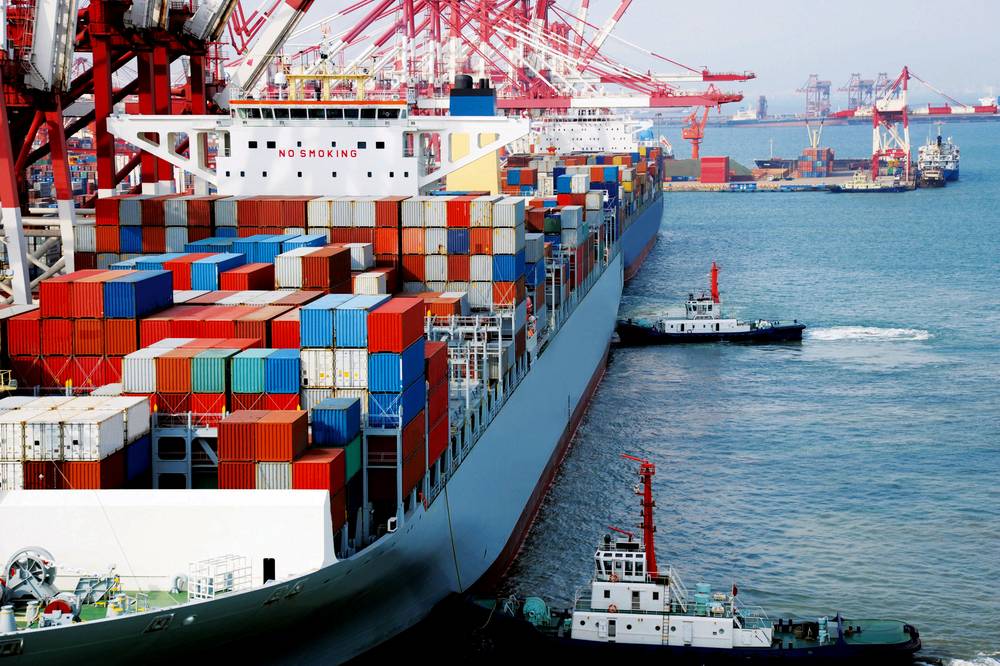Value for payment of customs duty: Price relevant for customs valuation under section 14(1) of Customs Act, 1962 is the price for delivery at time and place of importation.
Invoice value of original import or the price actually payable by buyer? High sea sale (HSS) means sale of goods by transfer of documents before clearance of goods from customs. In case of high sea sale (HSS), price charged by importer to assessee would form the assessable value and not the invoice issued to the importer by foreign supplier. – National Wire v. CC 2000(122) ELT 810 (CEGAT) * Godavari Fertilizers v. CC (1996) 81 ELT 535 (CEGAT).
What if the last purchase price is less than original import price? If the purchase is on high seas, the selling price will be naturally higher than the price at which the original buyer imported the goods. However, even if price is lower, the duty will be payable on price at which goods are sold on high seas basis to final importer. Original price at which original buyer purchased the goods cannot be basis for valuation – Excel Glasses Ltd. v. CC 2004 (166) ELT 496 (CESTAT) (In this case, price was lower due to one year delay in arrival of ship).
In Tata Power Co. Ltd. v. CC (2009) 240 ELT 742 (CESTAT), the sale was on high seas. The agreement provided that service charges for services like tender negotiations, participation in international bidding etc. were payable. Bank charges, facilitation fee, demurrage and survey fees were payable at fixed rates as per agreement. It was held that all these are includible as the charges were condition of sale of goods.
CBIC circular No. 32/2004-Cus dated 11-5-2004 has clarified that the valuation should be on basis of last sale price. Even if there are more than one high sea sales, the last sale price should be taken for purpose of valuation, as that is the price at which final importation has been caused. If importer is unable to produce original invoice, high sea sale (HSS) contract etc. to establish link, valuation can be done on basis of Valuation Rules.
CBIC Circular No. 33/2017-Cus dated 1-08-2017, The GST council has decided that IGST on high sea sale (s) transactions of imported goods, whether one or multiple, shall be levied and collected only at the time of importation i.e. when the import declarations are filed before the Customs authorities for the customs clearance purposes for the first time. Further, value addition accruing in each such high sea sale shall form part of the value on which IGST is collected at the time of clearance.
The importer (last buyer in the chain) would be required to furnish the entire chain of documents, such as original Invoice, high-seas-sales-contract, details of service charges/commission paid etc, to establish a link between the first contracted price of the goods and the last transaction. In case of a doubt regarding the truth or accuracy of the declared value, the department may reject the declared transaction value and determination the price of the imported goods as provided in the Customs Valuation rules.
Therefore, IGST payable on the [LAST PURCHASE PRICE (+) BASIC CUSTOMS DUTY (+) SOCIAL WELFARE SURCHARGE (+) ADDITIONAL CUSTOMS DUTIES] @ applicable GST rates.
High seas sales agreement to be on stamp paper and dated after ship commences journey – As per CC, ACC. Mumbai Facility Notice No. 18/2012 dated 22-5-2012 [280 ELT T15], High Seas sale agreement should be on stamp paper of Rs. 100 in Maharashtra [The reason given is that the agreement is similar to Customs bond. Really it is not similar to customs bond at all. However, instead of fighting over petty issues, advisable to execute agreement on stamp paper of value as per State law.
Note: The agreement date should be after the ship has started sailing, not because law requires so, but to avoid harassment of customs and sales tax authorities.



